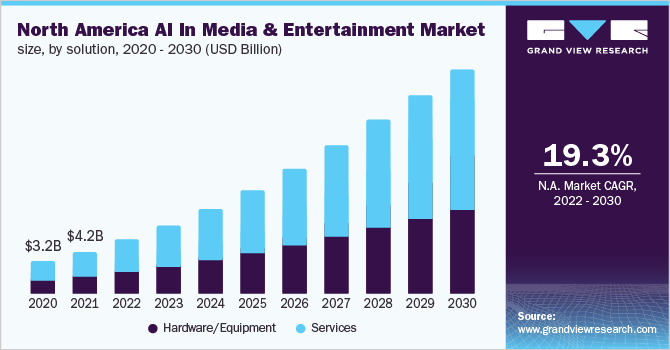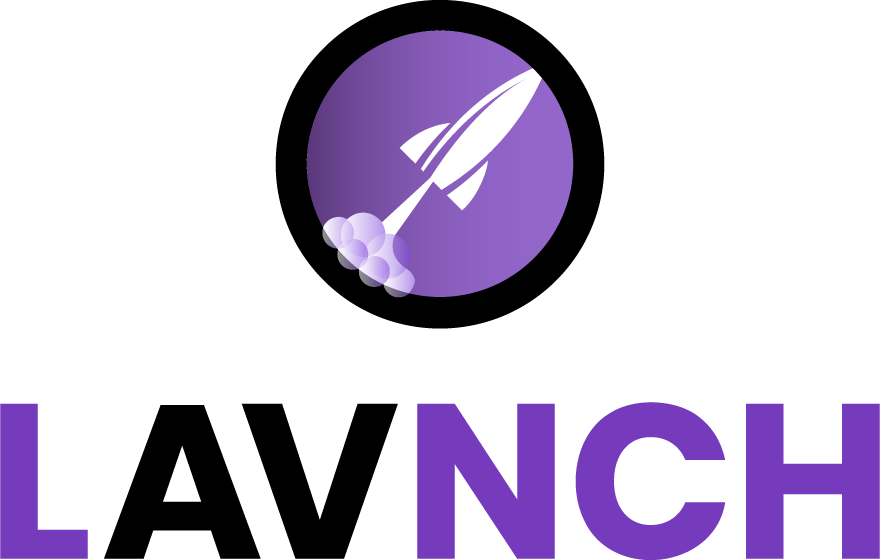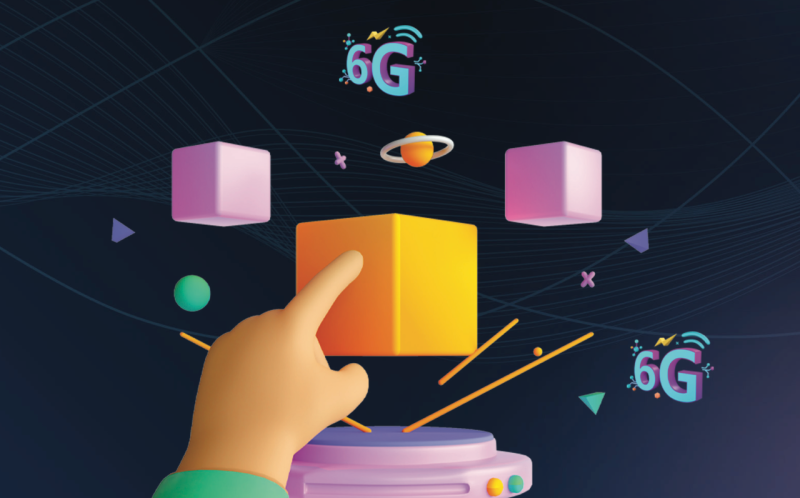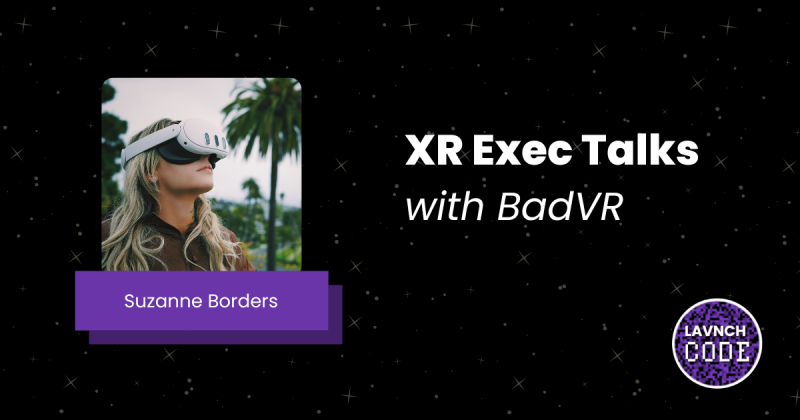
AI In Media and Entertainment Market Worth $99.48 Billion by 2030
The global artificial intelligence (AI) in media and entertainment market size is expected to reach $99.48B by 2030, according to a new report by Grand View Research.

The market is anticipated to expand at a CAGR of 26.9% from 2022 to 2030. The increasing popularity of virtual creation in the media and entertainment business, and its ability to create high-definition graphics and real-time virtual worlds, are driving the market forward. Artificial intelligence is helping media companies to leverage these benefits by enhancing content management across various phases in the workflow of content processes—including smart content analysis and categorization, automatic image tagging, scalable personalization and predictions, time-saving content creation assistance, and text intelligence and analysis, and voice-controlled platforms.
AI in Media and Entertainment Market Growth and Trends
AI technology providers work with broadcast companies to incorporate AI to optimize programming timetables. For instance, the BBC has started many efforts to apply AI/machine learning (ML) to optimize and automate content management. These activities have been implemented in a live telecast and deliberated further in later segments. These projects precisely target workflow enhancements aiming at time and cost savings in creation and distribution. The growing use of AI-based virtual production infrastructure in movie studios and TV shows is anticipated to upsurge the demand for motion capture workstations, virtual cameras, simulation cameras, and other virtual production hardware in the coming years.
The rising popularity of realistic virtual elements and three-dimensional designs for movies and video games is expected to drive the demand for computer graphics cards. Artificial intelligence in the media and entertainment industry is implemented for trading or marketing—including design, advertisements, and film promotion. Smart AI frameworks can create extensive marketing and advertising solutions. Using AI, predictive analytics can perform marketing procedures faster. AI-driven marketing software helps create promotional approaches, address audience goals, and make effective customer solutions. For instance, Alibaba Luban, an AI-based graphic design software produces visual designs a hundred times faster than humans, which means it will create 8,000 banners in just a second.
In addition, favorable government initiatives are expected to impact industry growth positively. artificial intelligence systems are used to recognize objects and behaviors in sporting events. It can also use drone footage to provide broadcasts that include engaging material and in-depth sports analysis. For example, in a football match, AI-generated live footage may capture the adrenaline-fueled action and the players’ and fans’ responses after each score. Visuals used in the live broadcast of a match should contribute to the construction of an engaging story. Companies use AI to create more tailored services for users by endorsing personalized content following their tastes when users browse a video site and robustness for users with varying Internet speeds and bandwidths
To read the full report on Artificial Intelligence in Media and Entertainment by Grandview Research, click here.







